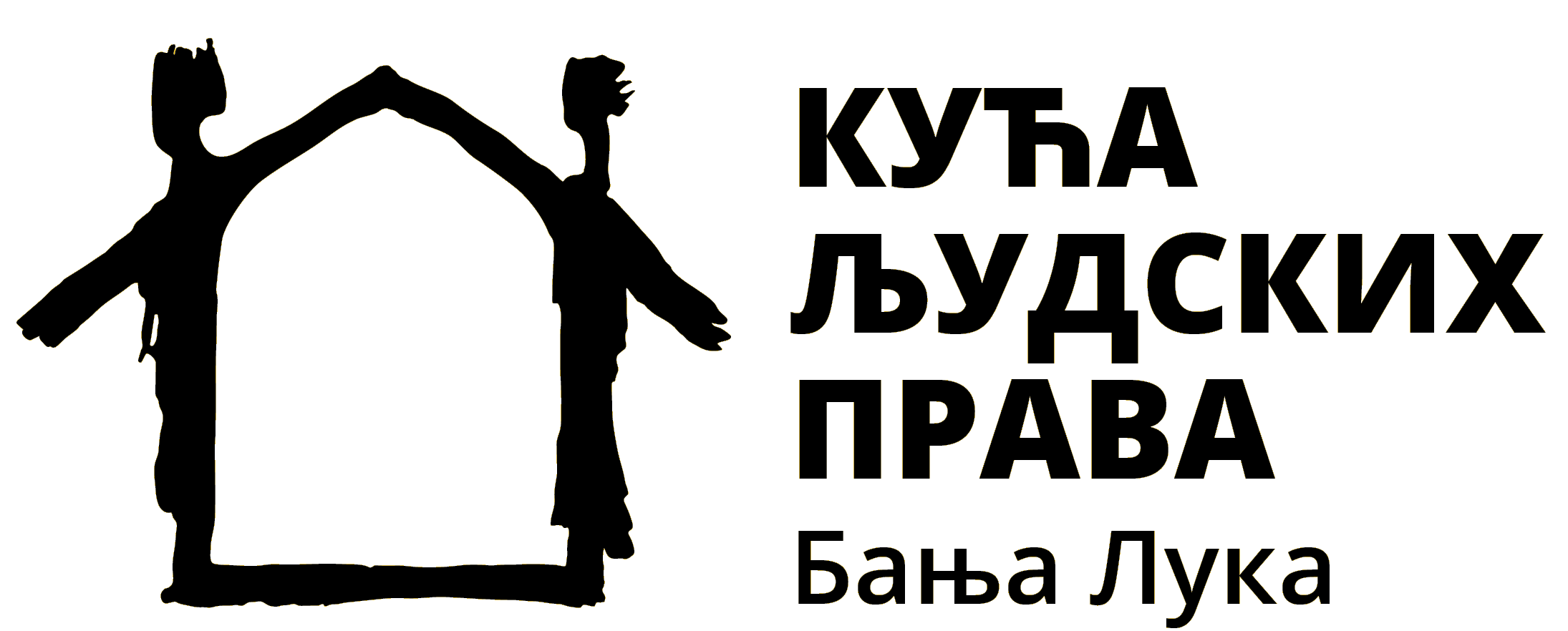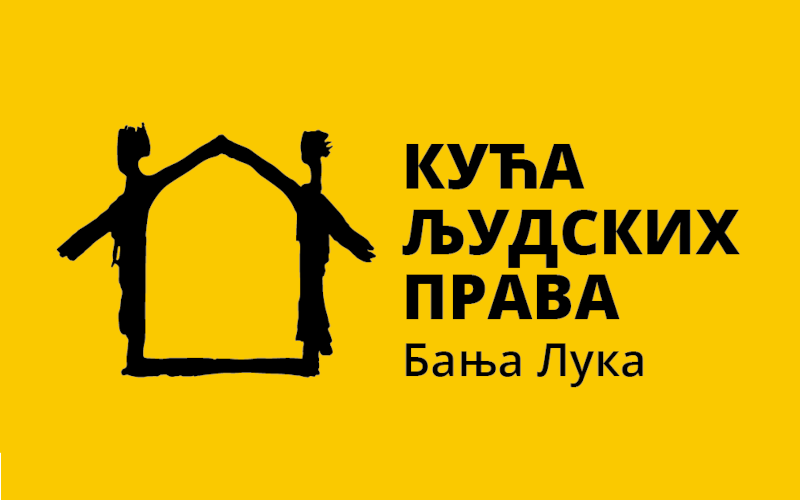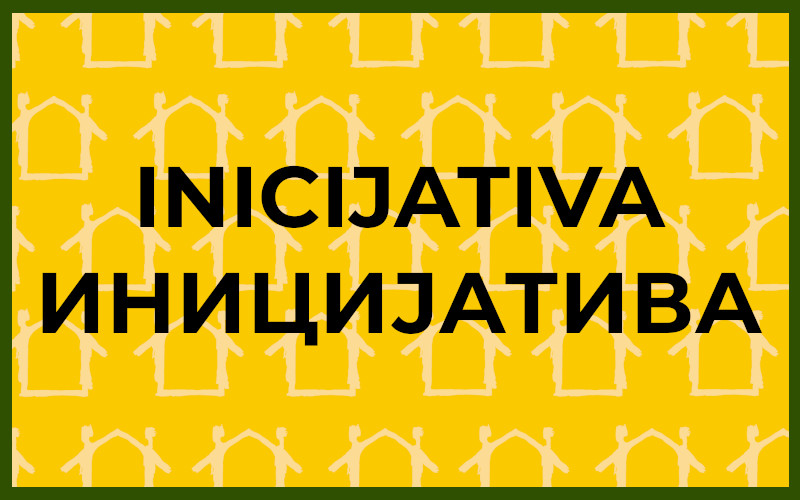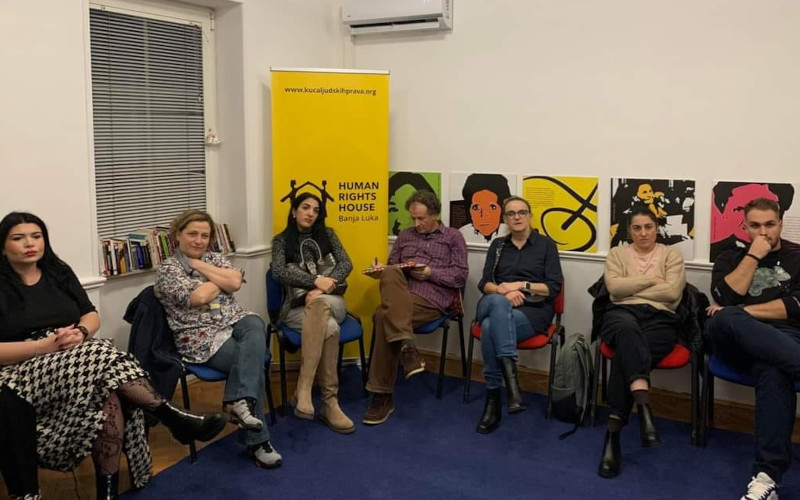Passing a law is a complex process that includes several stages that need to be passed, from the initial stage of the draft in the procedure of passing the law, to its proposal, voting and promulgation.
In the Republika Srpska, laws are passed by the National Assembly of the Republika Srpska (NARS), which is a unicameral legislative body. In the process of passing laws, the House of Peoples is also important, which is a sui generis political legislative body that deals with issues of vital national interests of the constituent peoples.
This jurisdiction was given to the National Assembly and the House of Peoples by the Constitution of the Republika Srpska, in which it is directly stipulated that the NARS passes laws, other regulations and general acts. The procedure for adopting the law itself is defined in more detail in the Rules of Procedure of the National Assembly.
I have already written about the initiative for passing laws, proposing laws and drafting laws, and you can find out more about it here.
The procedure for passing a law together with its promulgation, roughly speaking, under regular circumstances, proceeds as follows:
draft law → proposal of the law → adoption of the law → promulgation of the law
Draft Law
The procedure for passing a law is initiated by submitting a draft law to the President of the National Assembly.
The draft law is submitted by the President of the NARS to the delegates and competent working bodies after it is included in the agenda of the National Assembly.
Before discussing the draft law at the session of the NARS, the draft law is considered by the Legislative Committee and the working body which scope is the issue regulated by the law. The draft law can also be discussed by other working bodies if it includes certain issues that are within the scope of those working bodies.
Discussing the draft law at the session of the National Assembly includes a unique discussion: on the constitutional basis for the adoption of the law, on compliance with the regulations of the European Union, the reasons for the adoption of the law, the consequences that will arise for the material and other position of citizens, companies and other organizations and communities, on the assessment and sources of funds needed for the implementation of the law and on the text of the draft law.
After completion of discussion, NARS declares on the draft on the day of the vote, and can determine additional positions, proposals and opinions on the draft in a conclusion and direct them to the submitter of the draft to take them into account when drafting the draft law.
Public and expert discussion
After the adoption of the draft law, NARS may decide to put the draft up for public discussion if the law regulates issues of particular importance to citizens and if it is necessary to consult authorities, organizations, scientific and professional institutions and interested citizens.
Also, the National Assembly can order the competent working body to organize an expert discussion on the draft law.
The report on the results of the public discussion is submitted to the NARS together with the proposal of the law.
Proposal of the Law
After the draft law, it is the turn of the law proposal phase.
The proposal of the law is submitted to the President of the National Assembly in the form in which the law is passed and must be explained. The proposer is obliged to state in the explanation the differences in the solutions contained in the proposal of the law compared to the draft and the reasons for those differences, proposals and opinions on the draft law that the proposer did not adopt and the reasons for not adopting them.
The president of NARS submits the proposal of the law to the delegates.
Before discussing the proposal of the law at the NARS session, the proposal of the law is discussed by the Legislative Committee and the working body which scope is the issue regulated by the law, and it can be discussed by other working bodies if it includes certain issues that are within the scope of those working bodies.
(Non)Adoption of the Law
The text of the proposal of the law is discussed at the session of the National Assembly.
After the discussion of the proposal of the law, NARS decides on the submitted amendments on the voting day, and then on the proposal of the law as a whole.
Amendments are proposals for amending and supplementing the proposal of the law and they can be submitted by the authorized proposers of the law and working bodies of the National Assembly.
If the required majority of delegates vote for the proposal of the law, it is then sent to further procedure.
If the NARS does not adopt the proposed law, the adoption of the same law cannot be proposed before the expiration of three months from the day when the law was not adopted, and before that time only if the National Assembly decides to shorten that period.
Urgent procedure
The law can, exceptionally, also be passed by urgent procedure.
Only a law regulating issues and relations arising from circumstances that could not be foreseen can be passed under an urgent procedure, and failure to pass a law under an urgent procedure could cause harmful consequences for people’s lives and health, the security of the Republika Srpska and the work of institutions and organization, and if it is in the general interest.
A law can be adopted under an urgent procedure, if the Constitutional Court of the Republika Srpska has determined its incompatibility with the Constitution.
Promulgation, publication and entry into force of the law
The President of the National Assembly submits the law to the House of Peoples within seven days of its adoption, and after receiving notification from the House of Peoples, he/she submits the law to the President of the Republika Srpska for promulgation.
If the President of the Republika Srpska demands that the NARS vote on the law again, that law is placed on the agenda of the first following session of the National Assembly. The re-voted law is submitted to the President of Republika Srpska for promulgation.
Laws that have been adopted are published in the “Official Gazette of the Republika Srpska”.
In the Republika Srpska, laws enter into force on the eighth day at the earliest from the day of publication in the “Official Gazette of the Republika Srpska”, unless, for particularly justified reasons, they are not prescribed to enter into force earlier.
It is very important to note that this is not a presentation of the entire legislative issue and that for specifics and special issues, such as the vital national interests of the constituent peoples or the procedure in the House of Peoples, it is best to consult direct legal documents related to the process of passing laws.
Sources; For more information see:
Constitution of the Republika Srpska, [Official Gazette of the Republika Srpska, numbers 21/1992, 28/1994, 8/1996, 13/1996, 15/1996, 16/1996, 21/1996, 21/2002, 31/2002, 31/2003, 98/2003 and 115/2005]
Law on Publication of Laws and Other Regulations of the Republika Srpska, [Official Gazette of the Republika Srpska, numbers 67/2005, 110/2008 and 60/2023]
Rules of Procedure of the National Assembly of the Republika Srpska, [Official Gazette of the Republika Srpska, number 66/20]
Rules for Drafting Laws and Other Regulations of the Reoublika Srpska
The text was created thanks to the support of the European Endowment for Democracy.
Cover photo: A Lawyer Behind His Desk, [Author: Karolina Grabowska, photo downloaded from: Pexels] T
The text was downloaded from the website of Dejan Lučka on the following address: https://dejanlucka.com/kako-ukratko-tece-postupak-za-donosenje-zakona-u-republici-srpskoj/



